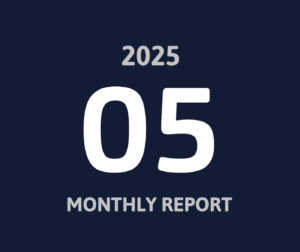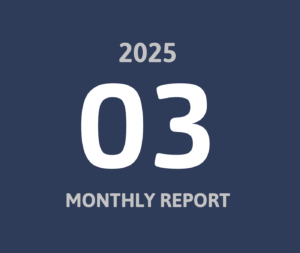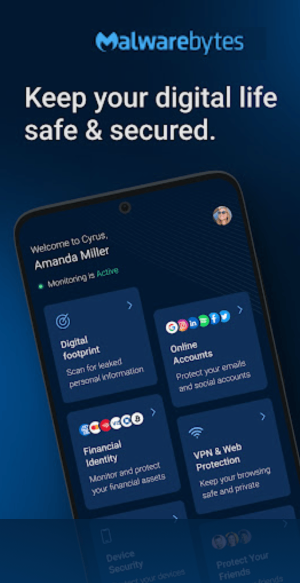How To Spot A Financial Scam – And How I Didn’t
Although I consider myself a risk-conscious investor, I’ve unfortunately been scammed not once, but twice! I guess this makes me sort of an idiot, or, subject expert!
In this post, I share what happened, what I missed, what I learned, and four important tips or lessons to take away!
Financial Scam #1 – E.K. Immobilien (Real Estate), Austria
The first scam reads like a movie script, but I assure you, it’s 100% real and really happened.
It involves an Austrian private banker called Erich Klimcek (article in German), who not only scammed my family but more than dozens of separate victims.
He was an excellent communicator, well-connected, well-off, and therefore convincing. He “raised” Mio of USD for a lucrative real estate project in Vienna, which was just a hoax and was never built. The 15 Mio Euro he raised, approx. $18 Mio US, was never returned to his investors.
He escaped and ran off to Argentina, with $18 Mio US, to the city of Resistencia. He changed his name to Eric Greene, and, surprise surprise, scammed people again.
This time he “raised” money for an “exclusive Golf resort” that was never built.
Ultimately he got caught and was arrested in Argentina in 2003.
We are not 100% sure what happened to him afterward.

Financial Scam #2 – Celsius Network, U.S.
The second scam I fell victim to happened recently.
The Directors of an online lending business I used for about three years were lying to and defrauding their customers.
The investigation is still ongoing (as of Apr 2024). One of the former Directors of the company, Mr. Cohen-Pavon, already pleaded guilty and confessed to not one but several charges, including
- price manipulation
- fraudulent scheme
- wire fraud
He will be presented to a judge in Sep 2024. The CEO and mastermind of the entire scam, Alex Mashinsky, will face his trial shortly thereafter.
On paper, the company did very well, in fact, the Canadian Pension Fund and WestCap, led by former Airbnb CFO Tosi, invested $400 Mio into the company valued at $3 billion (!). In October 2021, the company reached 1 Mio customers and managed $20 Bio in assets under management.
The problem was that behind the curtain, CEO Alex Mashinsky deceived millions of customers who trusted him through hundreds of YouTube community calls by making false statements.
Professional conmen and shameless liars like Mashinsky are extremely hard to read.
I watched dozens of videos of this looser, and I find them convincing to this day, see for yourself.
Example Video Of CEO Mashinsky Explaining Celsius
He claimed that 80% of the company’s revenues with its customers were shared and that loans were 100% secured, which were both lies.
He repeatedly asserted that Celsius was safer than a bank, despite filing for bankruptcy shortly after. He also made untrue claims about the company’s profitability, active customer base, insurance coverage of $750 million, and possessing the necessary licenses.
4 Tips On How To Spot A Financial Scam
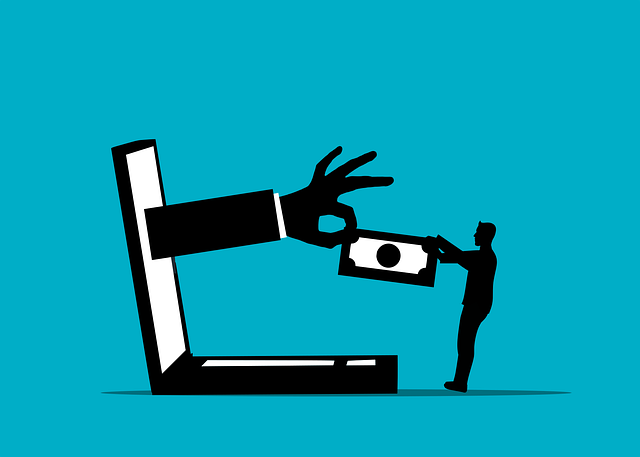
Here are the key lessons I’ve learned:
1️⃣ Trust, but verify
Even if someone seems trustworthy, it’s critical to thoroughly vet their claims and background. Don’t just take people at their word. Criminals have zero problems to lie in your face. Meticulously check all claims.
2️⃣ Diversify your investments
Never put all your money into a single project or opportunity. Limit your exposure to 20% per investment.
3️⃣ Do extensive due diligence
Do a detailed DD on the people involved. Reach out to references and get a sense of their credibility through quick phone calls. If the founders can not provide such references, be alert.
4️⃣ Only invest in what you fully understand.
If you can’t clearly explain the source of the returns, you may be the one getting returned – as the product.
By following these guidelines, you can dodge many “too good to be true” scams and protect your hard-earned money.
Having a trusted financial advisor, be it an actual Pro, or just a friend or family member with experience, providing feedback and their two cents is also highly recommended.
Conclusion
Through my experiences, I’ve shared what happened, what I missed, and crucial lessons learned, encapsulated in four key tips to help others avoid similar pitfalls.
By embracing skepticism, diversification, thorough due diligence, and investing only in what is fully understood, you can shield yourself from deceptive schemes and safeguard your finances effectively.
📘 Read Also
- My 3 Highest Conviction Investments For The Next 10 Years
- GetGrass – Earn Passive Internet Income via This DePIN Project
- Sitting on $1.5M Crypto Gains – Still Frugal Lifestyle Or fatFIRE?
FAQ
What is a financial scam?
A financial scam is a deceptive scheme or fraudulent activity designed to trick individuals or organizations into giving away money or sensitive information. It often promises high returns or benefits that are too good to be true.
Which is the biggest financial scam in the world?
The biggest financial scams vary over time, but historically notable ones include Ponzi schemes like that orchestrated by Bernie Madoff, which defrauded investors of billions of dollars, and corporate frauds such as the Enron scandal.
List of biggest financial scams?
Theranos
Ivan Boesky
Bernie Madoff
Wirecard
Wells Fargo
Luckin Coffee
Volkswagen
Enron
FTX
Celsius
How to report a financial scam?
To report a financial scam, you can contact your local law enforcement agency or financial regulatory authority. Additionally, you can report it to organizations like the Federal Trade Commission (FTC) in the United States or similar agencies in other countries.
Financial help for scam victims?
Victims of financial scams can seek assistance from government agencies, legal aid organizations, or victim support groups. Some countries also have compensation schemes or funds to assist victims of specific types of financial fraud. It’s important to reach out for help and explore available resources in your area.


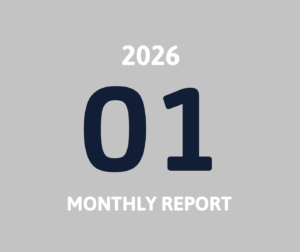

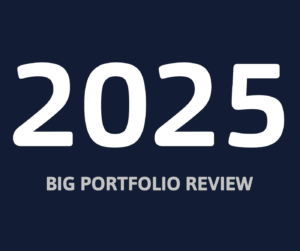
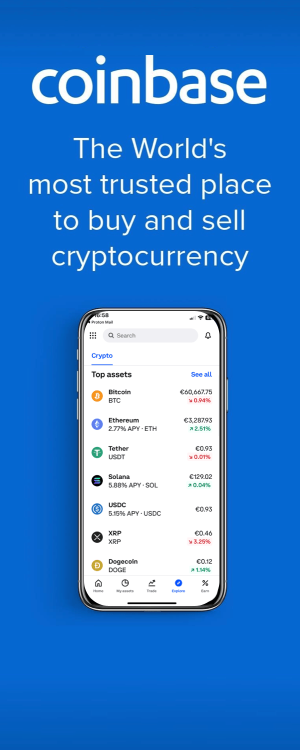
 Age when reaching FI: 40 in 2018
Age when reaching FI: 40 in 2018 Left the rat race: May 2017
Left the rat race: May 2017 Living in: Singapore
Living in: Singapore Number of kids: 2
Number of kids: 2




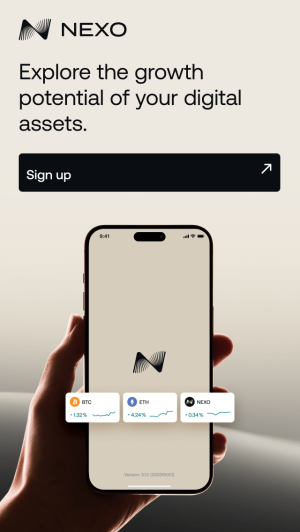

 Services I Love
Services I Love


